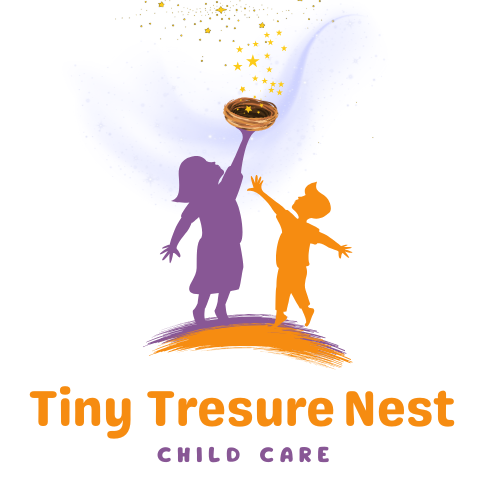Understanding Day Care Programs
Day care programs serve as vital early childhood development platforms designed to cater to the developmental needs of young children. Typically, these programs accommodate children from infancy through pre-kindergarten, ensuring they are engaged in an enriching and structured environment. Various types of day care programs exist, including traditional child care centers, Montessori schools, and in-home care settings. Each type has its own philosophy and approach, catering to different parenting preferences and children’s individual needs.
Traditional day care centers generally provide a structured curriculum combining educational activities with playtime. These centers utilize age-appropriate educational content, ensuring that children receive the foundational skills necessary for their future learning journey. Montessori programs, on the other hand, emphasize self-directed learning, where children are encouraged to explore and learn at their own pace, often through hands-on activities. In-home care, managed by caregivers within a home environment, tends to offer a more personalized and flexible approach, allowing for potential one-on-one interaction.
The importance of day care programs extends beyond educational content. These programs provide essential opportunities for socialization, helping children develop critical social skills through interactions with peers. Various group activities and cooperative tasks foster teamwork and communication, essential skills for their future. Additionally, day care programs often include various activities designed to stimulate growth, such as arts and crafts, music, and physical play, all contributing to a well-rounded development.
Moreover, day care programs undoubtedly support working parents. By providing reliable care for children, they allow parents to pursue their professional obligations with peace of mind, knowing their children are in a nurturing and instructional setting. Overall, day care programs play a significant role in shaping the early experiences of children, fostering a love for learning, and preparing them for future educational endeavors.
Benefits of Day Care for Children and Families
Day care programs play a crucial role in the early stages of childhood development, benefiting both children and their families profoundly. One prominent advantage is the opportunity for children to develop essential social skills. Interacting with peers allows children to learn sharing, cooperation, and negotiation, which are foundational to their social competence. Moreover, engaging with caregivers provides them with positive role models, fostering emotional growth that is vital for a healthy sense of self and resilience.
Cognitive advancements are also a significant aspect of day care. Structured activities focus on early literacy, numeracy, and critical thinking skills, preparing children for the academic challenges they will face as they enter primary education. The stimulating environment found in day care programs encourages inquiry and curiosity, elements that are pivotal to cognitive development and lifelong learning.
For families, day care presents a practical solution to managing work-life balance. Working parents benefit from the convenience of reliable child care during working hours, alleviating concerns about childcare during long hours at the office. Furthermore, the structured care offered by day care facilitates improved family dynamics. Parents return home less stressed, having the time and energy to engage meaningfully with their children after work, which boosts the quality of the family relationship.
The peace of mind that comes with knowing their children are in a nurturing and educational setting cannot be underestimated. Parents can trust that their children are engaged in enriching activities and being cared for by professionals, allowing them to perform their parental duties with confidence. Additionally, studies suggest children who attend day care programs tend to have improved school readiness, leading to better educational outcomes. Thus, the positive impacts of day care extend well beyond early childhood, preparing children not just for school but for their futures.

